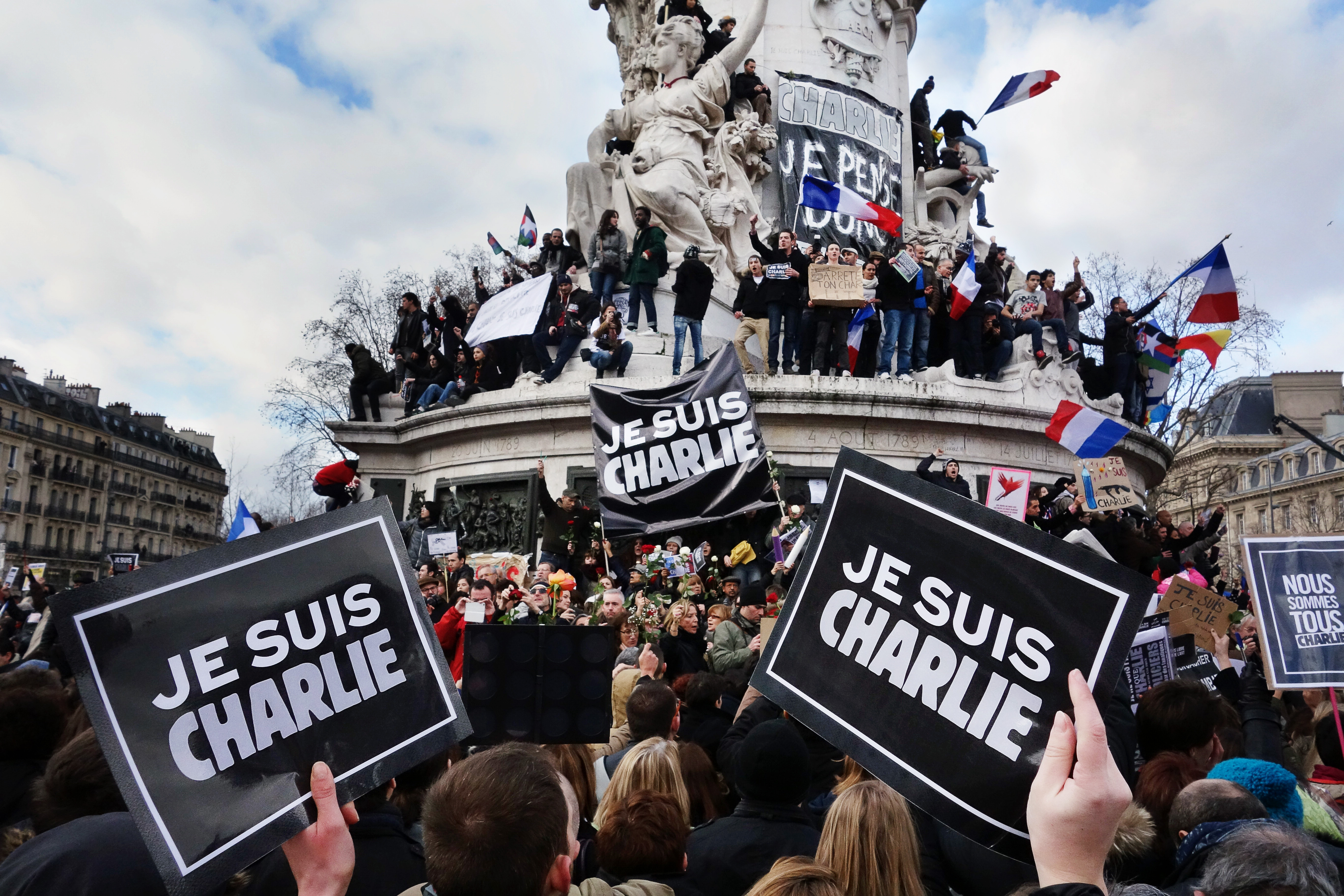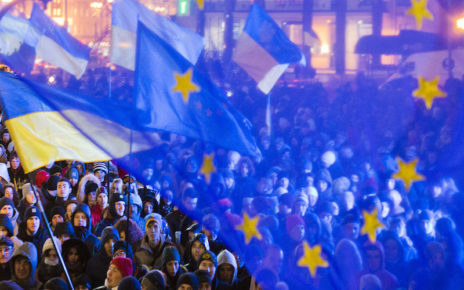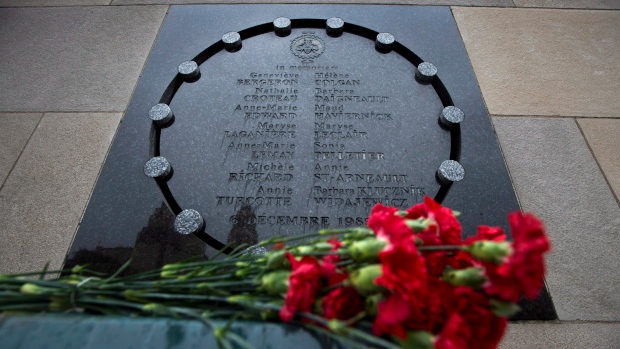Millions of copies of the French magazine Charlie Hebdo were printed yesterday in commemoration of last week’s tragedy when Islamist extremists attacked the satirical magazine premise. The cartoon portrayed the Prophet Muhammad holding a sign reading “je suis Charlie,” which became a slogan for people all around the world who mourned the attack. “I am Charlie” is an expression emphasizing people’s stance in supporting freedom of speech. Most of the phrase’s popularity began online via Twitter and quickly spread throughout the world, but social media also sparked Muslim advocates of the attack.
Islamic extremists and others in support of the crime in France commended the attackers on Twitter, using such hashtags as “#we_avenged_the_prophet” and “#lone_wolves.”
A Facebook page titled “Je Ne Suis Pas Charlie” became popular, having over 30,000 followers in just a few days. Most followers of the page are French Muslims who do not support the violence but make it clear that they will not take part in a national movement that backs people who insult their Prophet. One administrator of the page wrote, “It is not of tolerance or free thought: The insult is a violence #jenesuispascharlie.” French people who have an attachment to Islam have taken the cartoon publications as a threat and despite protest following the attacks, France is not united.
Some people argue “je suis Charlie” is misunderstood. David Brooks of the New York Times believes the supporters of the phrase do not understand the concept as “most of us don’t actually engage in the sort of deliberately offensive humour that that newspaper specializes in.” Others say that if people had tried to publish the satirical newspaper on any American university campus it would not have lasted long.
Plenty of France’s citizens were divided in terms of finding resolution as some individuals wanted the death penalty reinstated, and others who were more open minded wrote messages of camaraderie creating social media campaigns to combat Islamophobia. Twitter users in France used the hashtag, #VoyageAvecMoi (Ride With Me), offering to help Muslims who were too uneasy about using public transportation.
It’s fair to protect the rights of people even if their work may be offensive as we have the right to free speech, but with recent retaliation it may be time to adjust our views on issues which large groups of people take to heart. Charlie Hebdo headquarters was firebombed in 2011 for publishing vulgar and offensive depictions of Muhammad, and a German newspaper was also firebombed on Sunday for reprinting an issue of Charlie’s offensive cartoon. Millions of people around the world believe freedom of speech is a necessity, but all of these attacks show that others do not share the same view.
CNN writer Sally Kohn wrote, “In the aftermath of the heinous attacks in Paris, it’s important we remember that free speech and respect can go hand-in-hand.”





